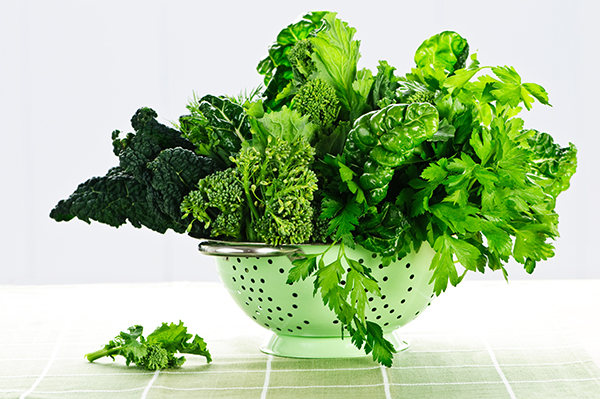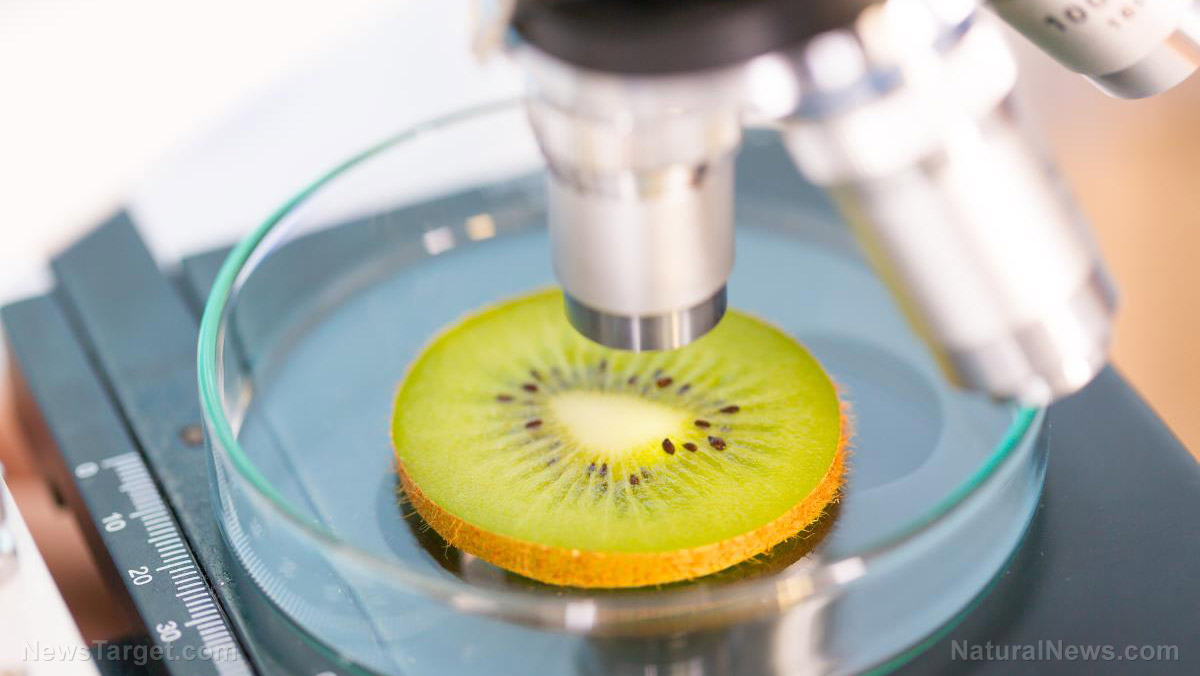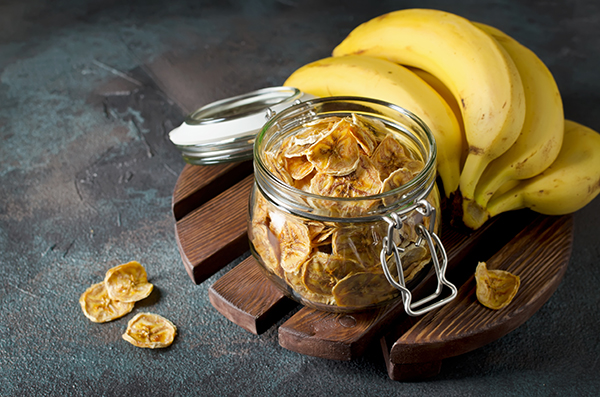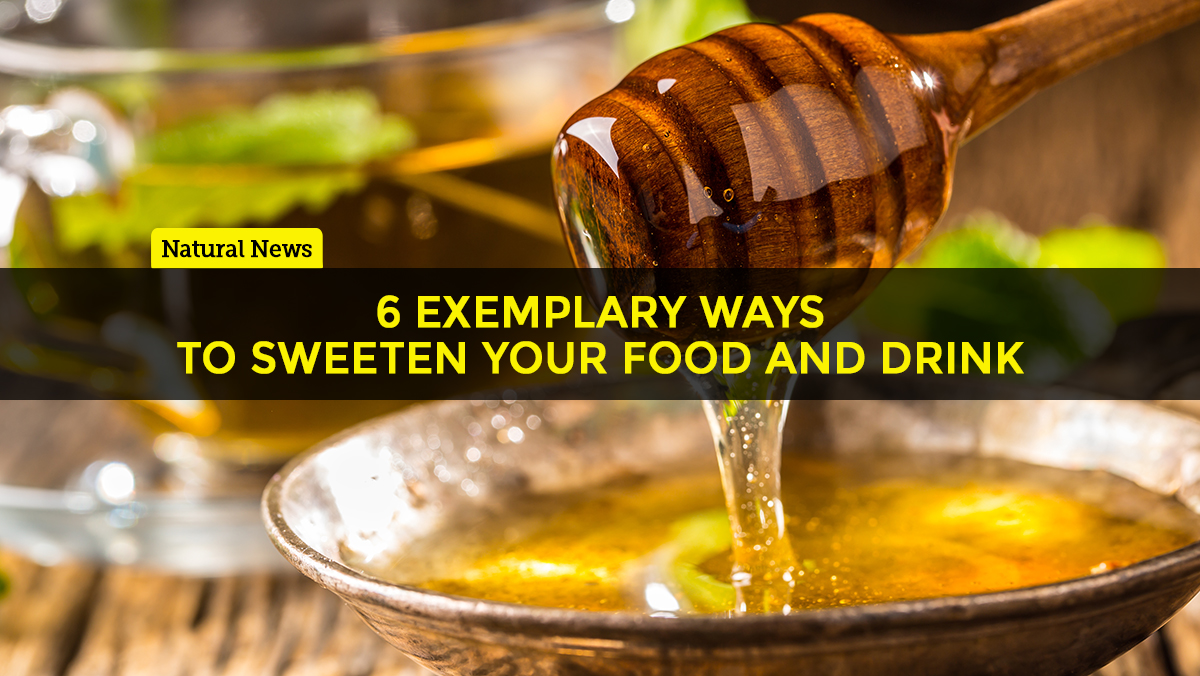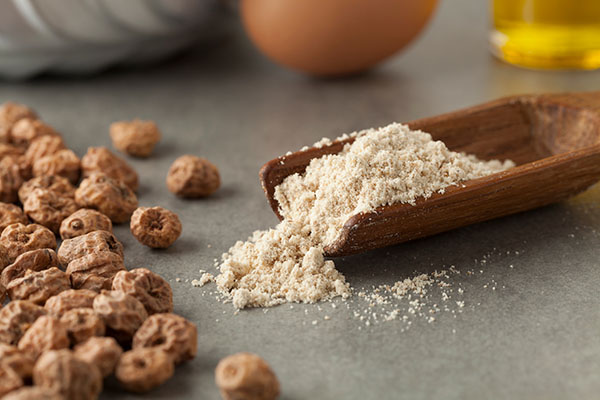Popular processed oils linked to cancer, cardiovascular disease and other serious health issues
03/01/2023 / By Olivia Cook
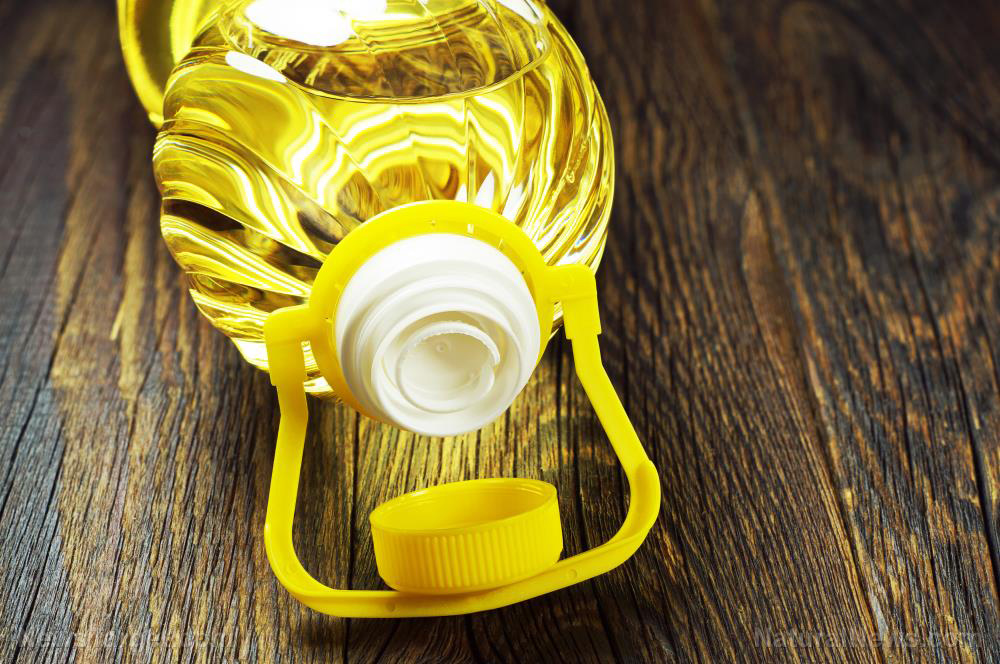
Processed seed and vegetable oils – such as soy, canola, sunflower, corn, peanut, grapeseed and safflower – are ubiquitous in the American diet. These oils have also been linked to various health issues, with a growing body of research backing it up.
Ophthalmologist Dr. Chris Knobbe expounded on the dangers of these oils in a presentation he delivered at the Sheraton Denver Downtown Hotel in Colorado. According to Knobbe, the founder of the nonprofit Cure AMD Foundation, the proliferation of seed and vegetable oils in Western diets is nothing short of a “global human experiment … without informed consent.”
First, he cited that the high consumption of omega-6 fatty acid, a type of polyunsaturated fatty acid (PUFA), can negate the positive effect of the healthier omega-3 fatty acids. The latter can be found in fatty fish, walnuts and chia seeds. Meanwhile, seed oils are abundant sources of omega-6.
A review published in Prostaglandins, Leukotrienes & Essential Fatty Acids noted that a diet high in omega-6 “inhibits the anti-inflammatory and inflammation-resolving effect of the omega-3 fatty acids.” Knobbe’s presentation also touched on inflammation, saying that it is “the body’s healing response” and that “it is the consequence, not the cause, of disease.”
Second, Knobbe mentioned that the fats in seed and vegetable oils tend to oxidize very easily. This can promote the spread of free radicals, molecules that damage DNA in the body.
Ultimately, Knobbe argued that the high levels of dietary PUFAs and free radicals from easily-oxidizing oils contribute to chronic diseases such as cancer, cardiovascular diseases, obesity, Alzheimer’s disease and age-related macular degeneration – a disease his organization seeks to eliminate.
What oils should you use in place of processed oils?
Avocado oil is one good substitute for processed seed and vegetable oils, and is also perfect for high-heat cooking due to its higher smoking point of 250 F (121 C). While it may be slightly expensive than most oils, one can get the same nutrients and beneficial compounds in the fruit it is extracted from. These nutrients include folate, copper, iron, magnesium, manganese, potassium and vitamins A, B, C, D and E. (Related: You know about the health benefits of olive oil but how about avocado oil?)
Ghee or clarified butter is another good substitute. This ingredient which has origins in India is both used in traditional Ayurveda therapies and various cuisines in the Indian subcontinent. Aside from having a buttery flavor, it contains a fatty acid called butyric acid that helps in digestion and addresses inflammation.
But nothing beats olive oil as substitute for highly processed seed and vegetable oils, given the minimal processing involved in its production. Known as the healthiest of oil plants, extra virgin olive oil (EVOO) is the gold standard among all olive oils as it undergoes the least processing. “EVOO is especially beneficial when it’s not cooked, but even under cooking it has a very high percentage of monosaturated fatty acids,” said professor Francisco Barba of the University of Valencia in Spain.
Visit FrankenFood.news for more stories about dangerous food ingredients.
Watch this video that expounds on the truth about the toxicity of vegetable oil.
This video is from the Puretrauma357 channel on Brighteon.com.
More related stories:
SHOCKER: True history and corruption of processed vegetable oils.
Could a deadly combination of CANOLA OIL and COVID JABS lead to a bad blood tipping point?
Ghee – This butter that is good for you.
How to avoid olive oil deceptions that harm health.
Sources include:
Magazine.AvocadoGreenMattress.com
Submit a correction >>
Tagged Under:
avocado oil, cancer criminals, cardiovascular disease, Chris Knobbe, clarified butter, food science, Free radicals, ghee, grocery, health science, heart health, olive oil, omega 3, Omega-6, processed oils, products, seed oils, vegetable oils
This article may contain statements that reflect the opinion of the author
RECENT NEWS & ARTICLES
COPYRIGHT © 2017 TOP 10 GROCERY SECRETS



